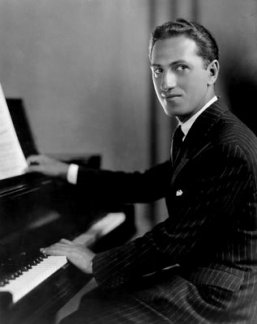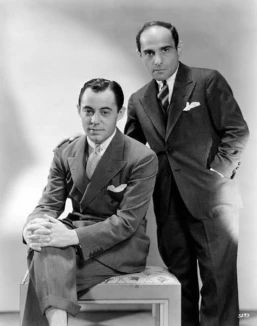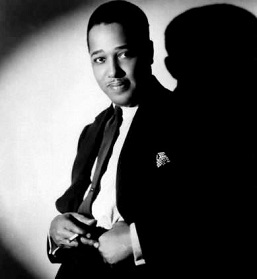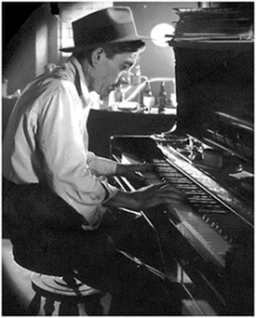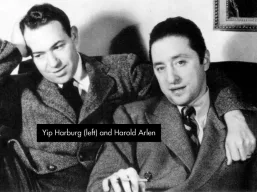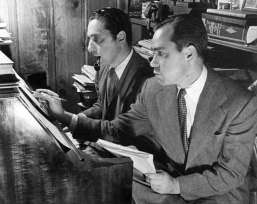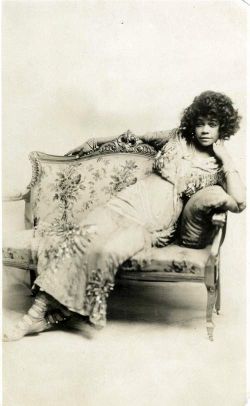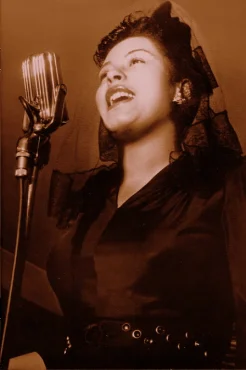Cissy Houston: selected recordings, 1970-1977
_________________________
The Sweet Inspirations:
- Wikipedia
- SoulTracks.com
- Elvis Australia (elvis.com.au)
note, 17 April 2014: Early today I removed the few 1967-1968 recordings by the Sweet Inspirations which I’d originally included in the page. These were deleted because of the poor sound quality of the videos. The gallery at the bottom of the page still contains several photographs of the group, and a couple of Sweet Inspirations album cover images.
1970 — Presenting Cissy Houston (LP)
Four tracks from the 1970 album originally released in the UK as Presenting Cissy Houston, Major Minor Records SMLP80, before Houston’s contract was sold to Janus Records in the same year after which the album was released in the US in 1970 as Cissy Houston, Janus Records JLS 3001
I Just Don’t Know What to Do with Myself (Bacharach & David)
Also issued on the US single Janus J-131, b/w “This Empty Place” (Bacharach & David)
.
(below) Live, date unknown
.
Didn’t We (Jimmy Webb)
Also issued in 1972 on the single Janus J 190, b/w “It’s Not Easy” (Barry Mann, Cynthia Weil)
.
This Empty Place (Bacharach & David)
Also issued in the US as the B-side of “I Just Don’t Know What to Do with Myself,” Janus J-131, and in the UK, on 20 November 1970, as the B-side of the single “I Just Don’t Know What To Do With Myself,” Pye International 7N 25537
.
When Something Is Wrong With My Baby (Isaac Hayes, David Porter) — originally recorded by Sam & Dave for Stax Records in 1966
_______________
1971
Hang On To a Dream (Tim Hardin) — aka “How Can We Hang On to a Dream”
B-side of the single “Darling Take Me Back I’m Sorry,” issued in the UK on 17 December 1971 on the single Janus 6146 003, and in the US in 1972 (according to Discogs.com) on Janus J-159, Forty years later, it was included as a bonus track on the 2012 CD reissue, remastered, expanded edition of Presenting Cissy Houston.
_______________
One Less Bell to Answer (Bacharach & David)
Burt Bacharach, featuring lead vocal by Cissy Houston — last track on side two of the 1971 LP Burt Bacharach, A&M SP-3501
.
All Kinds of People (Bacharach & David) — track #5, side one of the 1971 album Burt Bacharach, A&M SP-3501 — also issued in January 1971 on the single A&M 1241, (also AM-1241), b/w “She’s Gone Away”
featured vocalist: Cissy Houston
.
1972
Midnight Train to Georgia (Jim Weatherly)
 Jim Weatherly wrote the song originally as Midnight Plane to Houston. He released a recording of the song in 1972 on the album Weatherly. According Wikipedia, citing an interview of the songwriter with Gary James, the characters of the song were based on Weatherly’s friend Lee Majors, and a girl Majors had recently begun dating named Farrah Fawcett.
Jim Weatherly wrote the song originally as Midnight Plane to Houston. He released a recording of the song in 1972 on the album Weatherly. According Wikipedia, citing an interview of the songwriter with Gary James, the characters of the song were based on Weatherly’s friend Lee Majors, and a girl Majors had recently begun dating named Farrah Fawcett.
The mode of transportation and the destination were changed for a Cissy Houston recording made in Atlanta in 1972. Gladys Knight & the Pips had their only #1 pop hit with a 1973 recording using the revised lyric, plus numerous additional words, interjections, and imitative sounds (train whistle). Earlier in 1973, the group’s recording of another Jim Weatherly composition, Neither One of Us (Wants to Be the First to Say Goodbye), had peaked at #2.
___________________
Cissy Houston — issued, as “Midnite Train to Georgia,”on the 1972 single Janus J 206, b/w “Will You Still Love Me Tomorrow” (Goffin & King); arranged by Steve Dorff (as S.H. Dorff), and produced by Sonny Limbo, who had asked Weatherly for permission to change the song’s geographical destination for this recording. Said the songwriter, “I don’t mind. Just don’t change the rest of the song.”
.
1973
I Come To You (Burt Bacharach, Hal David) was sung by Jerry Hutman and Diana Lee, dubbing for Peter Finch and Liv Ullman, respectively, on the original soundtrack of the 1973 film Lost Horizon (with Finch reciting the opening verse, according to Serene Dominic, p. 241). The original soundtrack album was released in December 1972. Wikipedia’s page on Lost Horizon indicates that “I Come To You” was one of several songs deleted from the film after its roadshow release, but restored for the laserdisc release of the film.
Cissy Houston and Tony Middleton duet, with chorus, and orchestra — arranged and conducted by Burt Bacharach — from the 1973 Bacharach LP Living Together, A&M SP-3527
.
The Only Time You Say You Love Me (Is When We’re Making Love) — written by Phillip Mitchell (first name misspelled on the label)
Issued in 1973 on the single Janus J-230, b/w “I’m So Glad I Can Love Again” (Norma Toney) — Much later included as a bonus track on the 2012 CD expanded edition of Presenting Cissy Houston
___________________
1977 — Cissy Houston (LP)
The front cover of Cissy Houston’s 1977 self-titled LP features a disturbingly altered image of Ms. Houston looking happy as she appears to be about to be engulfed by a glistening red blob. Instead of using that horror, I’ve got (above right) the back of the album, and (above left) the front of a 1978 German sleeve for the single “Think It Over,” which features an image from the same photo shoot.
Two tracks from the 1977 LP Cissy Houston, (US) Private Stock PS 2031, (UK) Private Stock PVLP 1030:
Make It Easy On Yourself (Bacharach & David)
.
Tomorrow (m. Charles Strouse, w. Martin Charnin) — hugely popular song from the 1977 hit musical Annie
A-side of the single Private Stock PS 45,153, b/w “Love Is Holding On,” issued in July 1977
.
gallery: The Sweet Inspirations, 1967-1969, Cissy Houston, 1969-1979, some with daughter Whitney Houston, and one of Cissy Houston from 2006






































